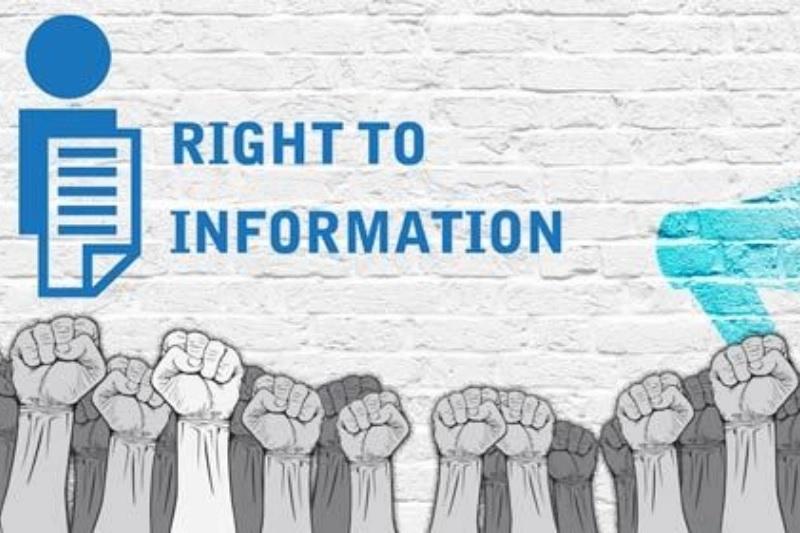Unbalancing the RTI Act in the Name of Privacy

The Justice BN Srikrishna Committee Report on Data Protection and Privacy has received an overall positive report card. However, criticism has come from a rather expected source, the Central Information Commission. Information Commissioner Professor Madabhushanam Sridhar Acharyulu, has voiced his reservations over the changes to the Right to Information Act (RTI Act) proposed by the Committee Report.
Read more: Srikrishna Committee Report: A New Understanding of Right to Privacy and Information
The Report has proposed amending section 8(1)(j) of the RTI Act, which lays down that there is no obligation to furnish to any citizen “information which relates to personal information the disclosure of which has no relationship to any public activity or interest, or which would cause unwarranted invasion of the privacy of the individual unless the Central Public Information Officer or the State Public Information Officer or the appellate authority, as the case may be, is satisfied that the larger public interest justifies the disclosure of such information:
Provided that the information which cannot be denied to the Parliament or a State Legislature shall not be denied to any person.”
Read more: Vacancies are Throttling Indian Citizens' Right to Information
The proposed amendment to this section has been provided in the Second Schedule to the Data Privacy Bill, 2018 as:
“information which relates to personal data which is likely to cause harm to a data principal,
where such harm outweighs the public interest in accessing such information having due regard
to the common good of promoting transparency and accountability in the functioning of the
public authority;
Provided, disclosure of information under this clause shall be notwithstanding anything
contained in the Personal Data Protection Act, 2018;
Provided further, that the information, which cannot be denied to the Parliament or a State
Legislature shall not be denied to any person.
Explanation. —For the purpose of this section, the terms “personal data”, “data principal”, and
“harm” shall have the meaning assigned to these terms in the Personal Data Protection Act,
2018.”
One problem Acharyulu highlighted is that the amendment places an unfair burden on the information officers to determine whether the 'harm' to the data principal is likely to encounter outweighs public 'interest'. This is due to the fact that the The Personal Data Protection Bill, 2018 defines 'harm' as:
- bodily or mental injury;
- loss, distortion or theft of identity;
- financial loss or loss of property,
- loss of reputation, or humiliation;
- loss of employment;
- any discriminatory treatment;
- any subjection to blackmail or extortion;
- any denial or withdrawal of a service, benefit or good resulting from any evaluative decision about the data principal;
- any restriction placed or suffered directly or indirectly on speech, movement or any other action arising out of a fear of being observed or surveilled; or
- any observation or surveillance that is not reasonably expected by the data principal.
It is clear that 'harm' has been defined in wide terms. If one were to think of harm to a regular citizen, this wide definition is empowering. However, if one were to apply this definition to a public servant, disclosing their nefarious deeds will become more difficult. This is also because the proposed amendment refers to the likelihood of harm rather than actual harm. If a public servant has been involved in dubious deals, revealing the details publicly would be likely to result in “loss of reputation or humiliation”, which is also included within the definition of 'harm'. It may also result in a “loss of employment” which incidentally is also included in the definition of 'harm'.
Read more: Carrot and Stick Amendments to the RTI Act
Acharyulu has rightly pointed out that the terms “common good” and “privacy” have not been defined in the Bill. This adds a further degree of ambiguity to the RTI Act's application. Blindly accepting this particular amendment may result in a further addition to the backlog of around 23,500 appeals and complaints pending in the Central Information Commission.
Get the latest reports & analysis with people's perspective on Protests, movements & deep analytical videos, discussions of the current affairs in your Telegram app. Subscribe to NewsClick's Telegram channel & get Real-Time updates on stories, as they get published on our website.























